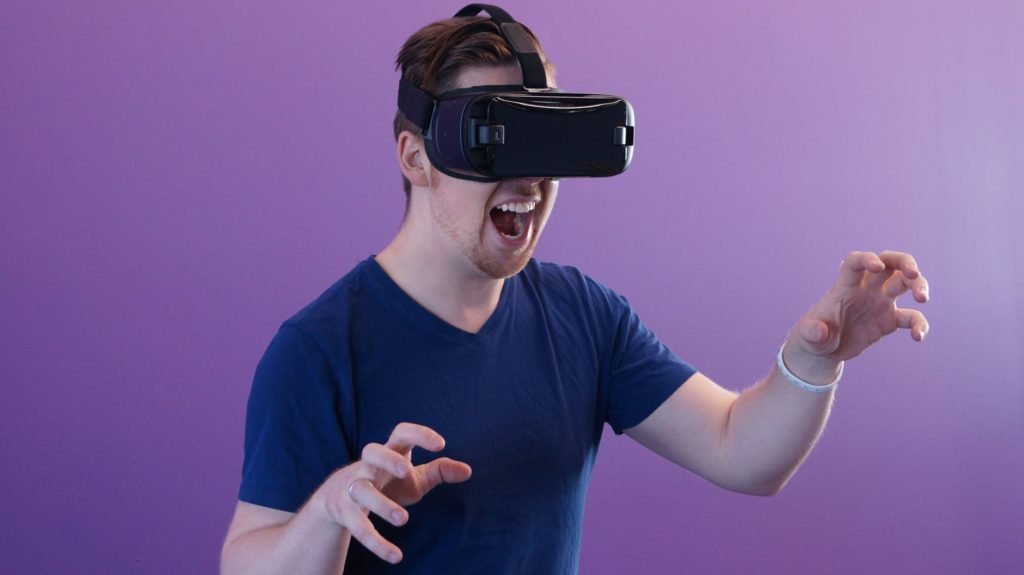Virtual reality programs have become common place names at technological expos. But their influence does not seem to stop right there and then. Probably, the foremost of fields which have welcomed the developments of virtual reality with open arms is the gaming world. As a number of enthusiasts note, revolution in gaming interfaces owes much to virtual reality because the latter renders a more perceptible face to the artificial world of games. Such an easy assimilation also comes as a direct result of the want of game developers to produce a market which caters to all the senses, rather than the eyes only. Though the list doesn’t end there.
Here are some more ways through which virtual reality is transforming the gaming world:
New Dimensions to Possible Reality
V.R. allows the user to experience the landscape of the game as if s/he is a part of the same. That is to say, the gamer acts as a part of the simulation, thereby becoming an active agent in the developments which take place in the game.
Enhanced Emotional Experience
Social behavior, gaming and V.R. are interconnected spheres, that are further brought closer by the latter’s ability to instigate human responses through mimicking of “real” perceptions of places and situations. So, what one gets in a V.R. synthesized game is a tangible net of social experiences, rather than a flat screen rendition.
Live-Action World for Extending Human Capabilities
Unlike other flat screen gaming world, the user in a V.R. simulation defines the identity of his/her protagonist through his/her personal characteristics. So, instead of acting in the limitations of a pre-defined set of game syllogisms, gamer’s understand the event of the simulation on their own terms and exercise the freedom of responding according to one’s own whims.
Social Experimentation Through Gaming
V.R. has a huge potential for altering social experiences. In an online gaming experience, user of V.R. simulations can learn to communicate, coordinate and perceive artificial social situations through collective inputs, an experience called the “asynchronous game-play”.
The place of virtual reality in gaming revolution is an indispensable position when one considers the new aims of 21st century gaming. As the gaming world looks on to inform social behavior, it is increasingly pulled towards the realities of the physical world which can only be recreated in a virtual reality simulation. It would be interesting to see the ways in which virtual reality would transform the human society in future.










